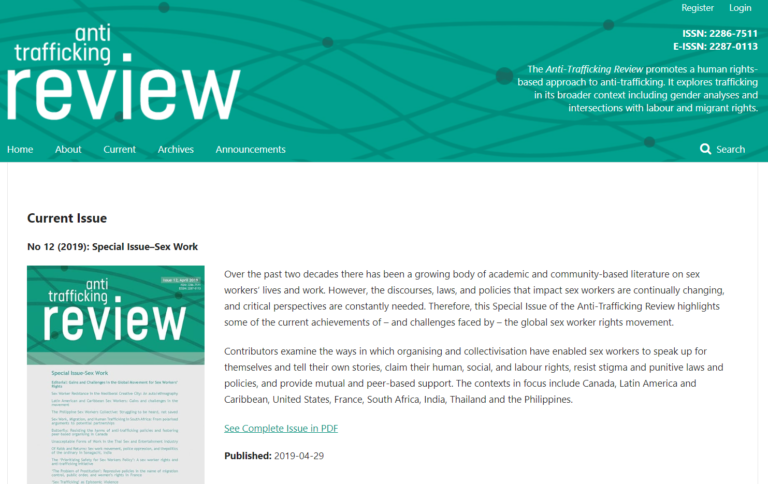Sex Trafficking: Identifying Cases and Victims
GuidancePublicationsWritten by Robert Moossy, J.D. This paper outlines the key steps in the identification of potential victims of sex trafficking, along with the steps to be taken in the process of investigating cases of sex trafficking. ...Read More

